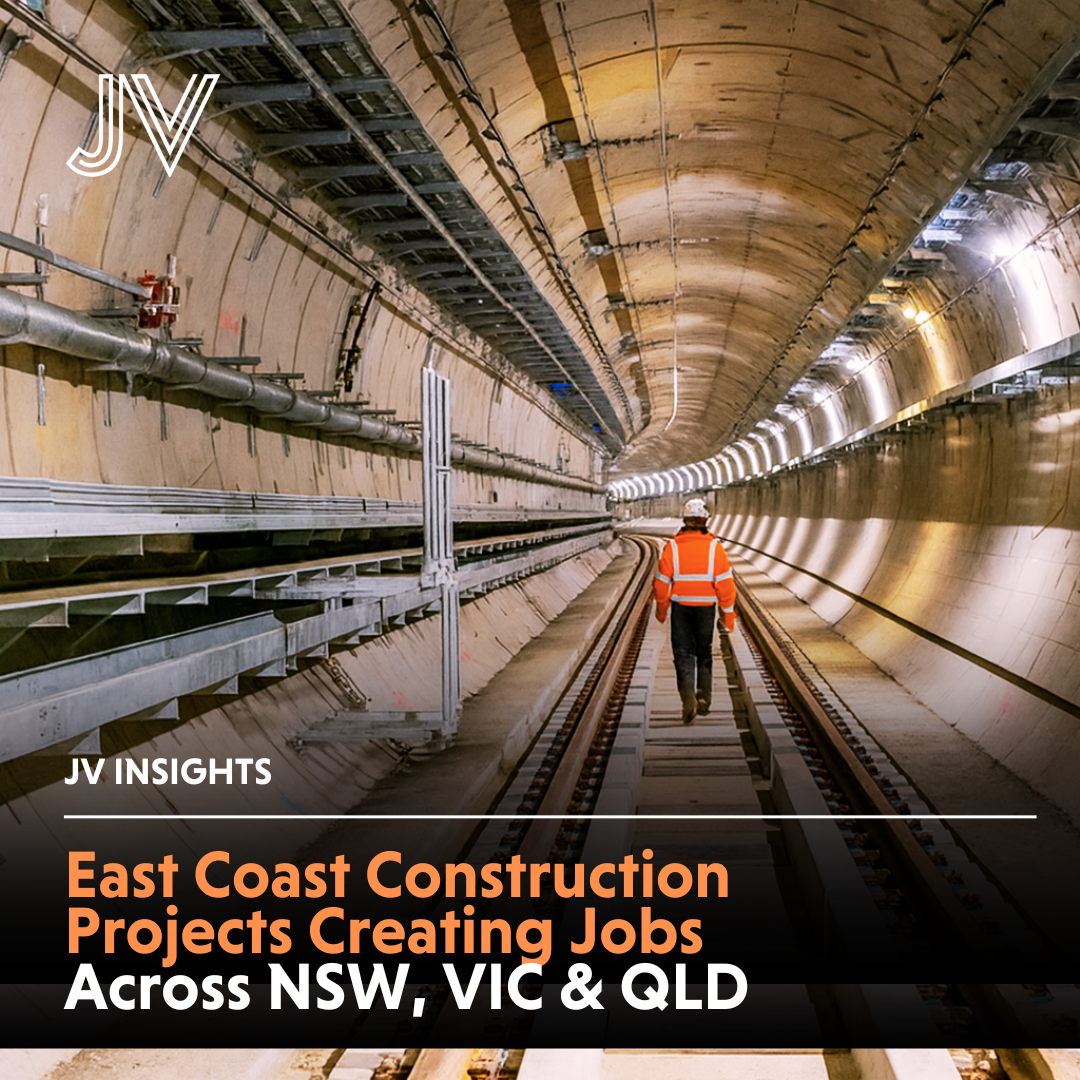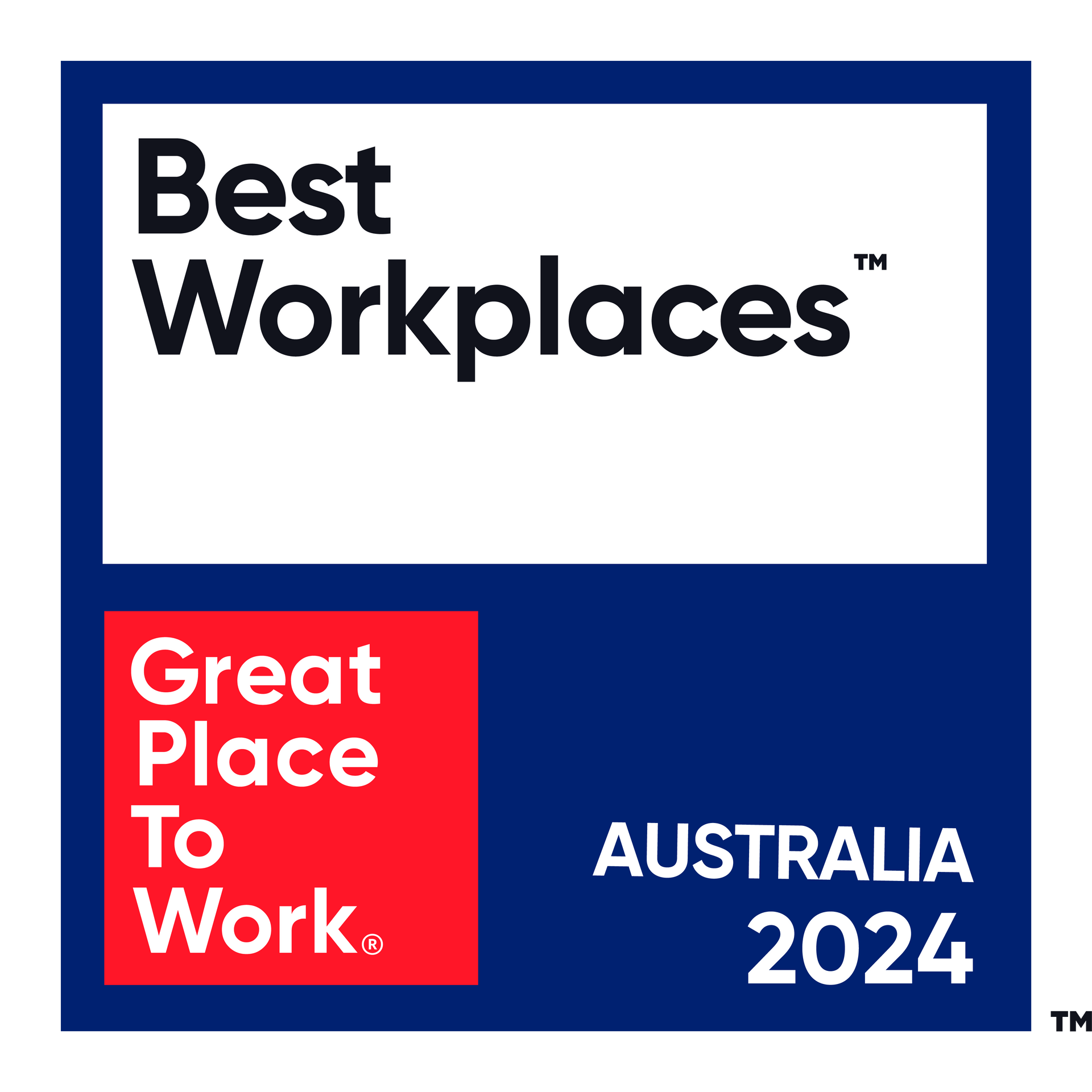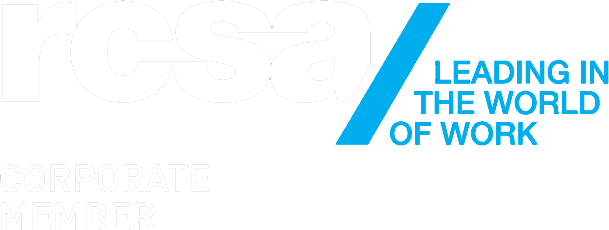A Look Inside the Importance of Diversity in Construction Recruitment
As the world becomes increasingly diverse, it's more important than ever for businesses to embrace inclusivity and diversity in their recruitment processes. In the construction industry, where heavy machinery and hazardous materials are commonplace, diversity is often overlooked as an essential ingredient for success.
However, a diverse workforce enhances creativity and brings varied perspectives, leading to better problem-solving, improved productivity, and increased profitability. In this blog post, we dive deep into why diversity is crucial in the construction industry's recruitment process and how it can benefit your company. So, join us on a journey exploring the importance of Diversity in Construction Recruitment!
Overview of the Construction Industry
The construction industry is among the most significant in terms of economic importance. It employs many people and generates a substantial amount of economic activity. The sector is also responsible for developing and maintaining the infrastructure essential to our way of life.
Males have traditionally dominated the workforce in the construction industry, but diversity is becoming increasingly important. This is particularly true in construction recruitment, where organisations seek to broaden their pool of potential employees.
The importance of diversity in construction recruitment can be attributed to many factors. For one, it can help to close the gender gap in the industry. Women are still underrepresented in construction, making up just 9 percent of the workforce; according to recent data from the Bureau of Labour Statistics, they make up just 9 percent.
Recruiting a more diverse workforce can also help construction companies better reflect the communities they serve. This is important for building trust and fostering positive relationships with those communities. Additionally, a diversified workforce can bring different perspectives and ideas to bear on construction projects, leading to more innovative and effective solutions.
Finally, recruiting a diverse workforce can help address some of the specific challenges faced by the construction industry today. The sector faces an aging population and a declining pool of young workers. By recruiting individuals from groups that have traditionally been underrepresented in construction, such as women and minorities, companies can help address these challenges and benefit from their unique skills and perspectives.
Benefits of a Diverse Recruiting Pool in Construction
As the construction industry grows, so does the need for a diverse recruiting pool. A diverse workforce is essential to meeting the needs of an ever-changing marketplace and ensuring that all voices are heard.
Recruiting from a diverse pool has many advantages in construction. First, it allows for a wider range of perspectives and experiences to be represented in the workplace. This diversity of thought can lead to more innovative solutions to problems and a better understanding of the needs of all stakeholders.
Second, a more diverse workforce is better equipped to handle global market challenges. With employees from different backgrounds and cultures, construction firms can tap into new markets and expand their reach.
Lastly, diversity in the workplace creates a stronger sense of community and inclusion. When everyone feels they belong, they are more likely to be productive and engaged team members. Creating an environment where everyone can contribute their unique skills and talents is essential to success in today's construction industry.
Challenges Associated with Increasing Diversity in Construction
As the construction industry strives to increase diversity in its workforce, it faces several challenges. One challenge is the need for more awareness of the importance of diversity in construction among many construction companies. Another challenge is a clear and concise recruitment process that encourages applications from diverse candidates.
Construction companies also need help with attracting and retaining a diverse workforce. Many construction workers need to be aware of the benefits that diversity can bring to the workplace, such as improved communication and collaboration, increased creativity and innovation, and better problem-solving skills. Additionally, some construction workers may be reluctant to work in an environment that is not fully inclusive or does not value diversity.
Despite the challenges, construction companies must continue increasing workforce diversity. Diversity can bring many benefits to employees and employers, and construction companies need to be responsive to the changing demographics of the world around them.
Legal Considerations for Hiring Practices
Regarding hiring practices, there are a few key legal considerations to remember. First and foremost, employers must ensure that their hiring practices do not discriminate based on race, colour, religion, national origin, sex, or disability. Additionally, employers must comply with all applicable state and local laws, which may vary depending on the jurisdiction. Finally, employers should know industry-specific regulations that may apply to their construction business.
By keeping these legal considerations in mind, employers can help create a diverse and inclusive workforce that reflects the changing demographics of the construction industry.
Strategies for Recruiting Talented and Diverse Candidates
As the construction industry becomes increasingly competitive, companies need to consider all potential sources of talent when recruiting new employees. This includes looking for talented, diverse candidates with unique perspectives and ideas.
There are several strategies that construction companies can use to recruit talented and diverse candidates:
- Use social media to reach out to potential candidates from underrepresented groups.
- Attend job fairs and career events that focus on diversity.
- Partner with schools and organisations serving underrepresented construction industry groups.
- Commit to hiring a diverse workforce at all company levels, from entry-level positions to senior management.
By using these strategies, construction companies can ensure that they attract the best talent from all backgrounds and make their workplaces more inclusive.
Ways to Assess and Improve Workplace Culture for Diversity
There are many ways to assess and improve workplace culture for diversity. One way is to create a diverse task force or working group. This group can conduct a workforce survey, analyse the data, and make recommendations for change.
Another way to assess workplace culture is to hold focus groups or town hall meetings on diversity. This allows employees to share their experiences and offer suggestions for improvement.
Finally, companies can also consult outside experts to better assess and improve their workplace culture for diversity.
Summary
Promoting diversity in construction recruitment is essential for the industry to thrive. By ensuring equal opportunities for all potential recruits, construction companies can create an environment of inclusion and respect that gives everyone a chance at achieving their dreams.
Not only does this help everyone succeed on a personal level, but it also helps boost the overall economy and allows businesses to reap the benefits of having diverse skill sets available.
So, if you want to break into the construction industry or take it further with your current employer, remember these ideas! For further information, please don’t hesitate to contact us and learn how we can help you with your recruitment process.








